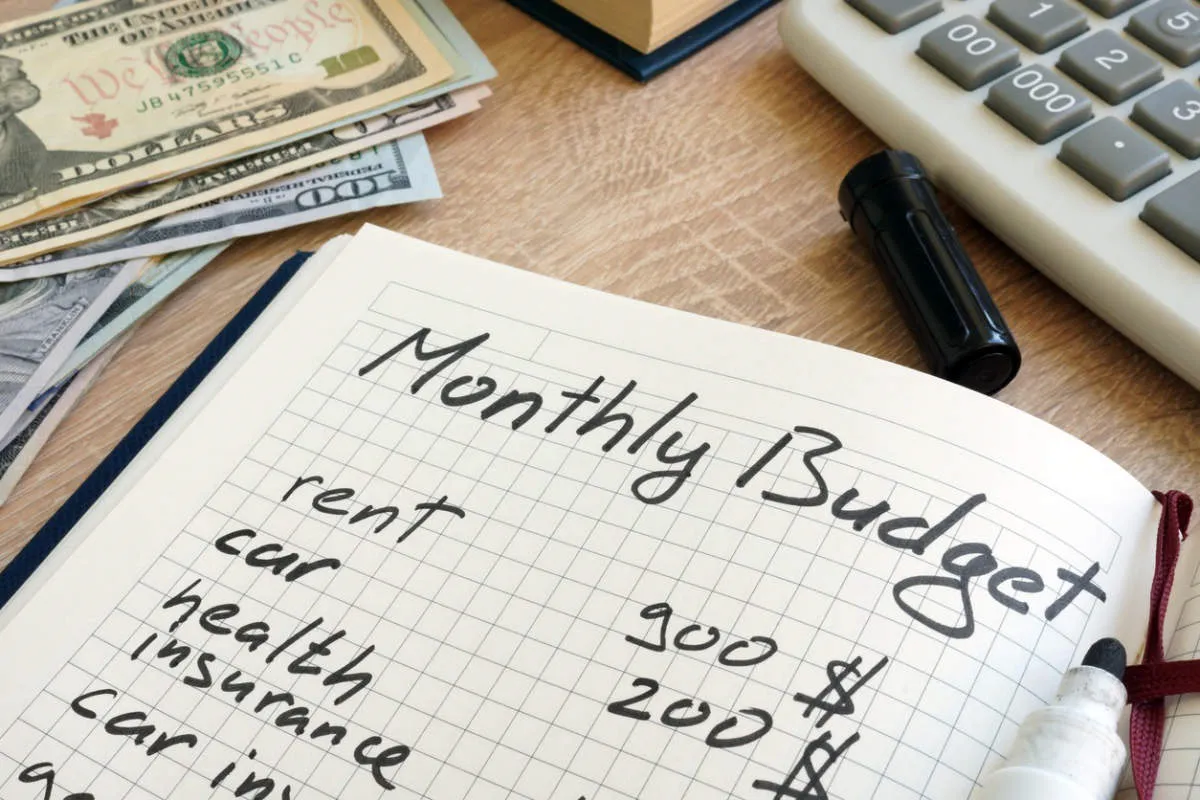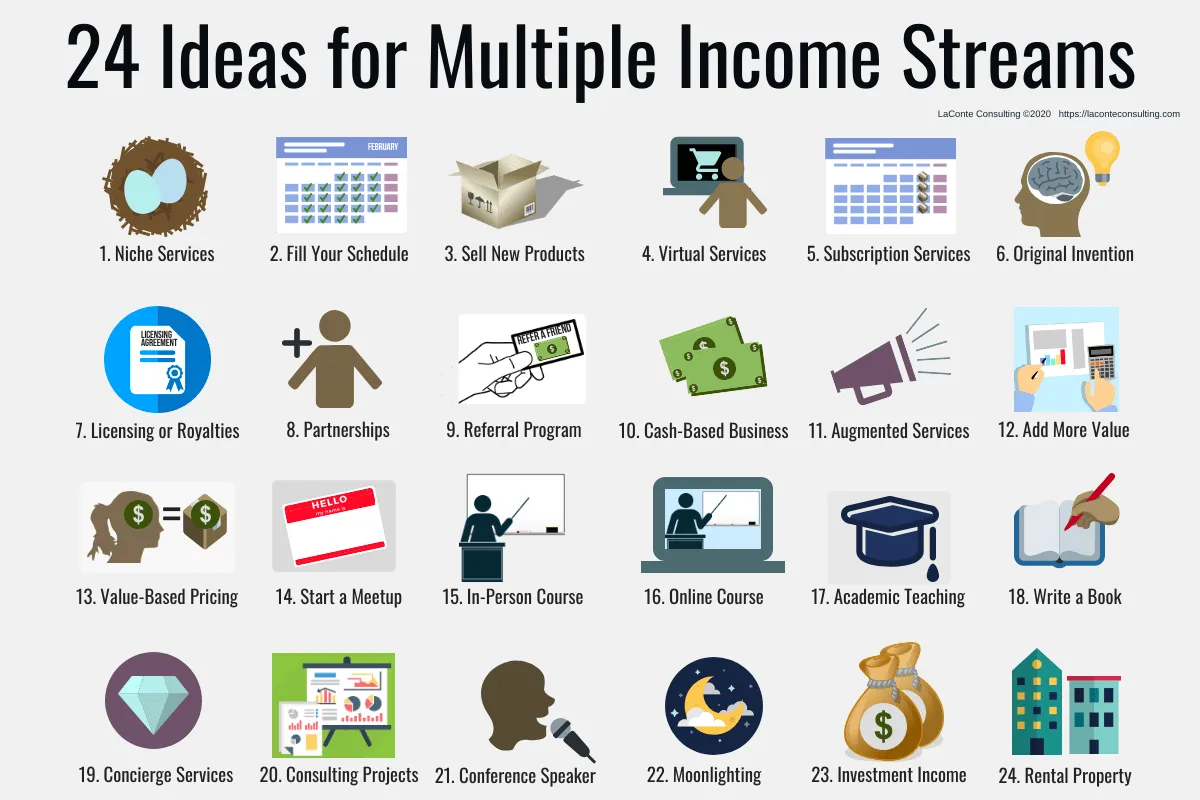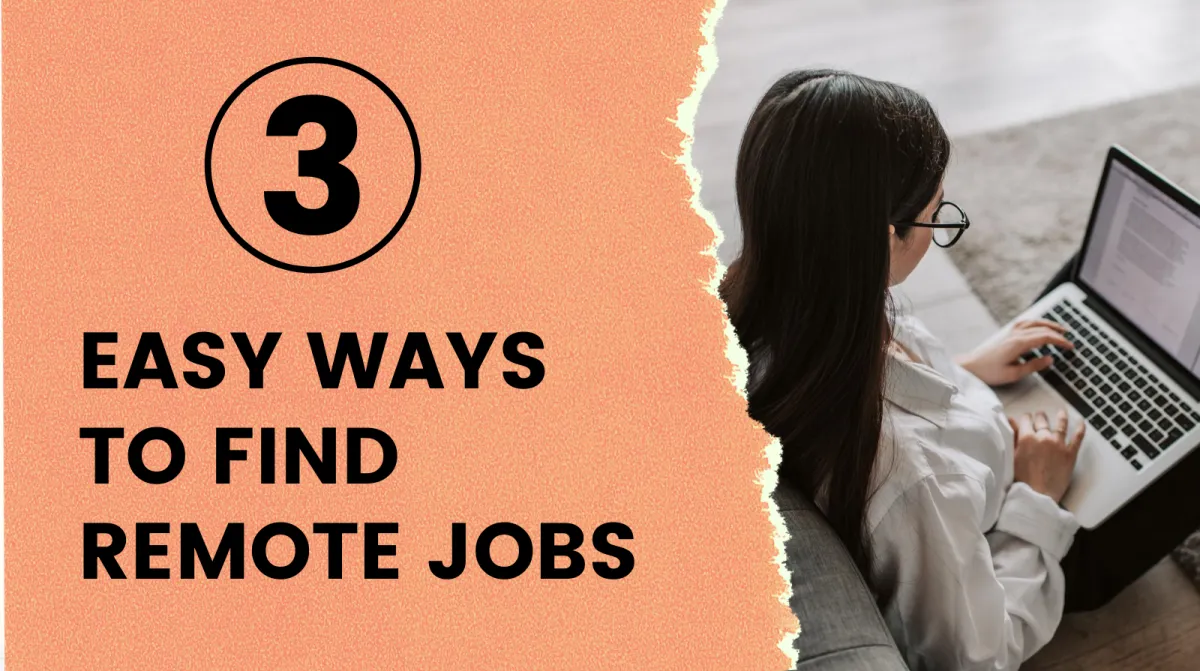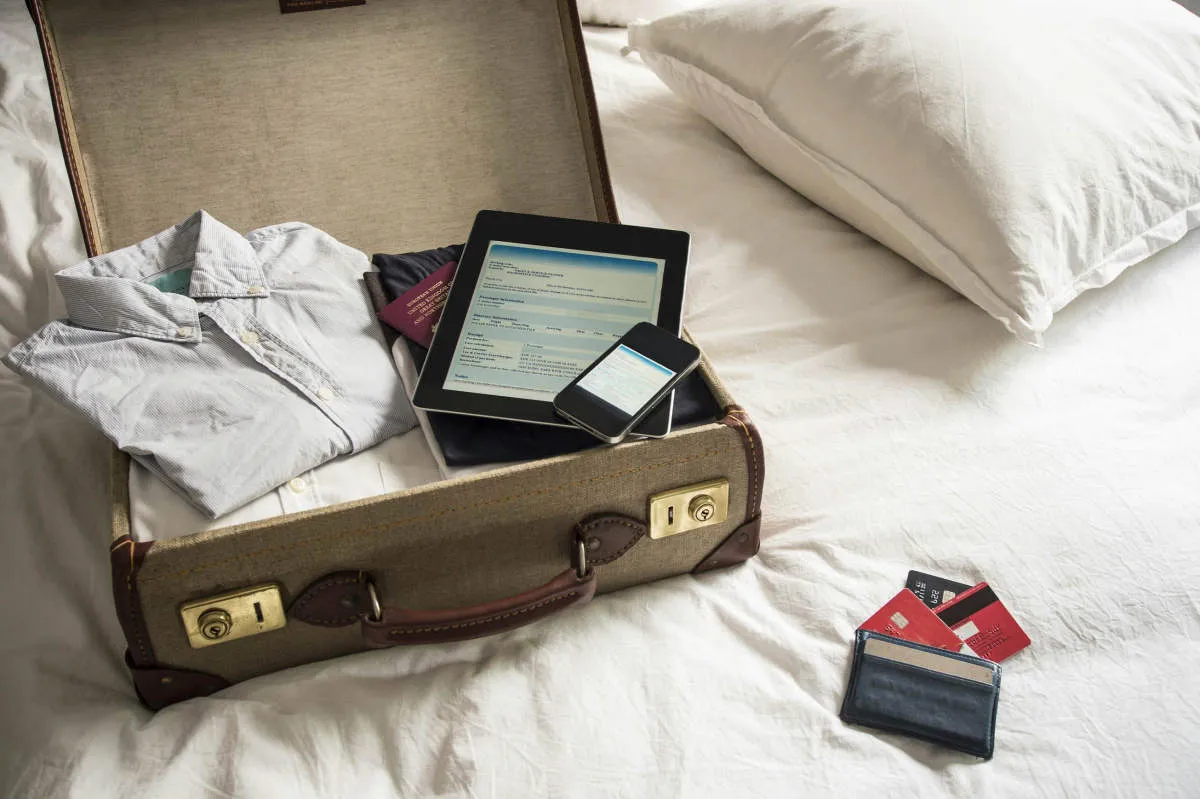Managing finances as a digital nomad can be challenging, but essential for long-term sustainability. Learn how to budget effectively, track expenses, and plan for the future to maintain financial stability while living a nomadic lifestyle.
Creating a Budget

Creating a budget is crucial for managing your money as a digital nomad, as it allows you to track your income and expenses while adapting to various locations and costs of living.
1. Calculate Your Income
Determine your average monthly income. This may fluctuate if you have project-based work, so consider using your lowest earning month as a baseline.
2. Track Your Expenses
Use budgeting apps, spreadsheets, or notebooks to track every expense. Categorize your spending (e.g., accommodation, transportation, food, entertainment) to identify areas where you can cut back.
3. Set Realistic Financial Goals
Outline your short-term and long-term financial goals. Whether it’s saving for retirement, paying off debt, or funding future travels, having clear goals will motivate you to stick to your budget.
4. Determine Your Cost of Living
Research the cost of living in your chosen destinations. Factor in expenses like rent, groceries, transportation, and entertainment. Numerous online resources and cost-of-living calculators can assist you.
5. Allocate Your Funds
Based on your income and expenses, allocate funds for each category. Consider using the 50/30/20 rule: 50% for needs, 30% for wants, and 20% for savings and debt repayment. Adjust these percentages based on your financial goals and circumstances.
6. Regularly Review and Adjust
Your budget is not set in stone. Regularly review your spending, income, and financial goals. Make adjustments as needed to ensure you’re staying on track and adapting to changes in your lifestyle or location.
Managing Multiple Income Streams

One of the hallmarks of the digital nomad lifestyle is the potential to generate income from various sources. This diversification not only increases earning potential but also provides a safety net in case one income stream fluctuates. However, managing multiple income streams requires organization and smart financial planning. Here’s how to effectively manage your money when you have multiple sources of revenue:
1. Track Everything
When you have money coming in from different avenues, it’s easy to lose track. Use a spreadsheet, budgeting apps, or accounting software to meticulously record all income and expenses. Categorize your income by source to understand which streams are most profitable.
2. Separate Accounts
Consider setting up separate bank accounts for different income streams or purposes. For example, you might have one account for freelance writing income, another for online course sales, and a third for business expenses. This separation simplifies bookkeeping and provides a clearer picture of your finances.
3. Project Future Income
While the digital nomad life offers freedom, it can also come with income variability. Project your income for the upcoming months based on existing contracts, average earnings, and potential new opportunities. Be realistic in your projections to avoid overspending.
4. Prioritize Saving and Investing
With multiple income streams, it’s tempting to increase spending. However, prioritize building a financial cushion. Establish an emergency fund covering 3-6 months of living expenses. Once that’s established, explore investment options to grow your wealth over time.
5. Reassess Regularly
The online world is constantly evolving, and your income streams might need to adapt. Periodically review your income sources, their profitability, and your overall financial goals. Don’t hesitate to explore new opportunities or phase out income streams that are no longer serving you.
Building an Emergency Fund

Life as a digital nomad is full of freedom and adventure, but it’s not without its uncertainties. Income can fluctuate, unexpected expenses pop up, and travel plans can go awry. That’s why having a solid emergency fund is crucial for any digital nomad.
What is an emergency fund? An emergency fund is a stash of money set aside specifically for unexpected events. This isn’t your vacation fund or your new laptop fund – it’s there to cover you in genuine emergencies.
Why is it important for digital nomads?
- Income Fluctuations: Freelancing gigs can end, projects get delayed, and client payments aren’t always reliable. An emergency fund bridges the gap during these lean times.
- Unexpected Travel Costs: Missed flights, lost luggage, medical emergencies abroad – these things happen, and they can be expensive. Your emergency fund provides a safety net.
- Visa Issues: Visa applications can get denied, forcing you to unexpectedly change your travel plans, potentially leading to unforeseen costs.
- Peace of Mind: Knowing you have a financial cushion to fall back on allows you to fully embrace the nomadic lifestyle without constant worry.
How much should you save?
A good rule of thumb is to have 3-6 months’ worth of living expenses saved in your emergency fund. This may seem like a lot, but remember, you’re accounting for all your essential costs: rent/accommodation, food, utilities, insurance, and even your co-working space membership.
Investing for the Future

As a digital nomad, embracing a location-independent lifestyle can provide incredible freedom and flexibility. However, it also necessitates a proactive approach to financial planning, particularly when it comes to investing for the future.
Traditional retirement plans may not be tailored to the nomadic lifestyle. Therefore, it’s crucial to explore investment options that align with your global mobility and long-term financial goals. Here are some avenues to consider:
1. International Retirement Accounts:
Some countries offer retirement accounts specifically designed for expats and digital nomads. These accounts often come with tax advantages and provide a structured way to save for retirement while living and working abroad.
2. Portable Investment Accounts:
Consider opening investment accounts that are easily accessible and manageable from anywhere in the world. Online brokerage accounts and international investment platforms can offer a wide range of investment options, allowing you to diversify your portfolio and adjust your strategy as needed.
3. Real Estate Investments:
While not as liquid as other investments, real estate can be a viable option for building long-term wealth. Whether you’re interested in purchasing a rental property in a strategic location or exploring fractional ownership opportunities, diversifying into real estate can provide passive income and potential appreciation over time.
4. Diversify Your Income Streams:
As a digital nomad, your income may fluctuate. Investing in building multiple income streams can provide financial security and fuel your investment portfolio. Explore opportunities to create passive income through online businesses, affiliate marketing, or other ventures that align with your skills and interests.
Using Financial Tools

Being a digital nomad often means managing your money across borders and currencies. Luckily, there are numerous financial tools designed to make this easier:
Banking
- Online Banks: Opt for online banks that offer low international transaction fees, free ATM withdrawals abroad, and user-friendly mobile apps.
- Multi-currency Accounts: These accounts let you hold and manage money in various currencies, often with better exchange rates than traditional banks.
Budgeting and Expense Tracking
- Budgeting Apps: Utilize apps like Mint, YNAB (You Need a Budget), or even spreadsheet templates to track income and expenses. Many offer features to categorize spending and set financial goals.
- Expense Tracking Apps: Apps like Expensify or Zoho Expense can help monitor your spending, particularly useful for business expenses if you’re freelancing.
Payments and Transfers
- International Money Transfer Services: Services like Wise (formerly TransferWise), Remitly, or CurrencyFair often offer better exchange rates and lower fees than traditional banks for transferring money internationally.
- Digital Wallets: PayPal, Skrill, or Payoneer can simplify online payments and receiving income, especially when working with clients or platforms in different countries.
Investments
- Robo-Advisors: If you’re new to investing, robo-advisors like Betterment or Wealthfront can provide automated, algorithm-driven investment management based on your risk tolerance and financial goals.
- Micro-Investing Apps: Explore apps like Acorns or Stash that allow you to invest small amounts of money regularly, often by rounding up your purchases.
Remember to research and compare different tools to find the best fit for your needs and financial situation. Don’t hesitate to consult with a financial advisor for personalized guidance.
Managing Taxes

Navigating the world of taxes as a digital nomad can feel like charting uncharted territory. Since you’re working remotely, often hopping between countries, understanding your tax obligations is crucial to avoid any legal hiccups.
Establish Your Tax Residency
Your tax residency isn’t determined by your location at any single moment, but rather by factors like your physical presence in a country, your intent to reside, and sometimes even your economic activity. It’s essential to research and understand the tax residency rules of both your home country and the countries you’re working from. Some countries have tax treaties to prevent double taxation, so be sure to investigate those as well.
Keep Meticulous Records
With income potentially coming from various sources and locations, maintaining organized financial records is paramount. Track all income and expenses meticulously. This not only makes tax filing smoother but also helps you identify potential deductions and avoid overpaying.
Seek Professional Advice
Tax laws are complex and ever-changing. Consider consulting with a tax professional who specializes in international taxation, especially if your financial situation is intricate. They can guide you on tax optimization strategies specific to your circumstances.
Setting Financial Goals

As a digital nomad, embracing a location-independent lifestyle often goes hand-in-hand with fluctuating income streams. This makes setting clear and specific financial goals even more crucial for staying afloat and thriving on the road.
Start by defining your financial aspirations. Are you saving up for a significant purchase, aiming for early retirement, or building a safety net? Having well-defined goals will serve as your compass, guiding your financial decisions and keeping you motivated.
Next, break down your larger financial goals into smaller, more manageable milestones. For instance, if you aim to save $10,000 for a down payment on a property, consider setting quarterly or monthly saving targets. This approach not only makes the overall goal less daunting but also allows you to track your progress and make adjustments along the way.
Remember to factor in both short-term and long-term financial goals. Short-term goals, such as covering your monthly expenses or paying off a credit card bill, require immediate attention, while long-term goals, like retirement planning or investments, need a more strategic approach.
Don’t forget to review and adjust your goals periodically. As your lifestyle evolves, your financial priorities may shift too. By regularly assessing your progress and making necessary modifications, you can ensure your financial goals remain aligned with your aspirations.
Reviewing and Adjusting Your Plan

Even with the most meticulous planning, unexpected expenses can arise, income might fluctuate, or your travel style could change. Regularly reviewing and adjusting your financial plan is crucial for staying on track and achieving your financial goals as a digital nomad.
Here’s how to effectively review and adjust your plan:
Set a Review Schedule
Don’t wait for things to go off track before reviewing your finances. Establish a consistent review schedule, whether it’s monthly, quarterly, or annually. This allows you to catch any potential issues early on and make necessary adjustments.
Track Your Income and Expenses
Keeping tabs on your cash flow is essential for understanding your financial health. Utilize budgeting apps, spreadsheets, or even a simple notebook to track your income sources, fixed expenses, and variable expenses.
Analyze Your Spending Habits
Once you have a clear picture of your spending, analyze your habits. Are there areas where you can cut back? Are you overspending on certain categories? Identifying areas for improvement allows you to optimize your budget.
Reassess Your Income Streams
As a digital nomad, it’s common to have multiple income streams. Regularly assess the performance of each stream. Are your freelance clients paying on time? Are there any new opportunities to explore for diversifying your income?
Adjust for Changes in Your Lifestyle or Goals
Life as a digital nomad is dynamic, and your goals and lifestyle may evolve. Have you decided to extend your stay in a particular location? Are you considering a more luxurious travel style? Adjust your budget accordingly to accommodate these changes.
Factor in Emergencies and Unexpected Costs
Unforeseen events can happen, so it’s crucial to be prepared for unexpected expenses. Ensure your emergency fund is adequately funded to cover potential medical bills, travel disruptions, or other emergencies.
Seek Professional Advice
If you’re struggling to manage your finances or need personalized guidance, consider consulting with a financial advisor. They can provide tailored advice based on your specific circumstances and help you make informed decisions.
Finding Remote Work Opportunities

One of the biggest keys to successfully managing your money as a digital nomad is securing a consistent income. Luckily, the rise of remote work has made it easier than ever to find jobs that can be done from anywhere in the world. Here are a few of the best places to start your search:
Job Boards:
There are now countless job boards dedicated specifically to remote work. Some popular options include:
- Remote.co
- We Work Remotely
- FlexJobs
- Working Nomads
- NoDesk
Freelancing Platforms:
If you’re skilled in areas like writing, design, development, or virtual assistance, freelancing can be a great way to earn money remotely. Check out platforms like:
- Upwork
- Fiverr
- Freelancer.com
- Guru
LinkedIn:
Optimize your LinkedIn profile to attract remote work opportunities. Network with individuals in your field and search for jobs using keywords like “remote” or “location independent.”
Company Websites:
Many companies now list their remote work opportunities directly on their websites. Make a list of companies you’d love to work for and visit their careers pages regularly.
Networking:
Connect with other digital nomads and remote workers through online communities, forums, and social media groups. They can be valuable sources of information and job leads.
Seeking Professional Advice

Navigating the world of finance as a digital nomad can feel overwhelming. Different countries, currencies, and tax regulations can make it challenging to stay organized and make sound financial decisions. That’s where seeking advice from financial professionals well-versed in the intricacies of location-independent lifestyles comes in.
Here are some key areas where professional guidance can be invaluable:
1. Tax Optimization and Compliance
Tax laws vary significantly between countries. A qualified tax advisor can help you understand your tax obligations both in your home country (if you maintain tax residency) and the countries you work from. They can advise you on strategies to minimize your tax liability legally and ensure you comply with all relevant regulations. This can be especially crucial if you’re earning income in multiple currencies.
2. International Banking and Financial Planning
Managing your money across borders requires a tailored approach. A financial advisor experienced in working with digital nomads can guide you on:
- Setting up international bank accounts
- Choosing suitable investment options for your situation
- Managing currency exchange risks
- Planning for retirement and other long-term financial goals
3. Insurance and Healthcare Considerations
Traditional insurance plans might not provide adequate coverage for a location-independent lifestyle. Professionals specializing in insurance for digital nomads can help you secure:
- Comprehensive international health insurance
- Travel insurance that covers your gear and liabilities
- Income protection in case of illness or injury
Remember: Choosing the right financial professionals is crucial. Seek out those with specific experience in advising digital nomads and expats. Look for certifications and testimonials, and don’t hesitate to ask for referrals from other nomads in your network.
Conclusion
Managing finances as a digital nomad requires discipline and planning. By budgeting, tracking expenses, and diversifying income streams, nomads can achieve financial stability while living their desired lifestyle.

